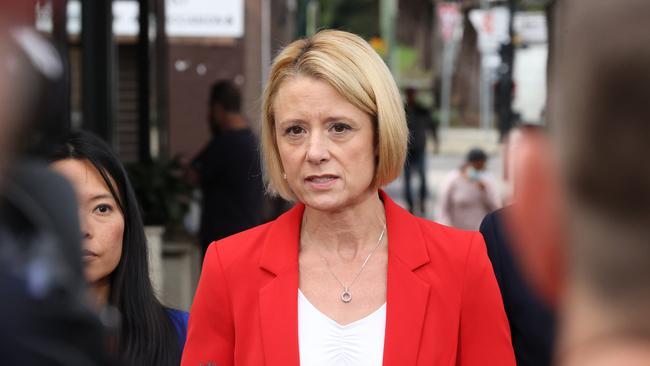
But judging by her interview with Laura Jayes on Sky News last week, you could be forgiven for thinking she had been given her current role five minutes before she fronted the camera. Pressed by Jayes, she became defensive when asked why Labor apparently supports Operation Sovereign Borders (OSB) yet wants to abolish temporary protection visas (TPV).
Why not retain TPVs as a safeguard in the event a boat carrying asylum seekers could not be turned back, asked Jayes. “They will be taken to Nauru,” replied Keneally robotically, repeating this three times before aggressively dismissing the suggestion her policy lacked contingency measures.
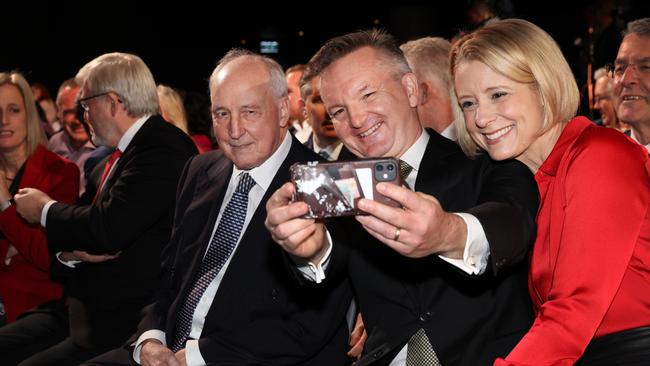
But the real issue was not so much her competence as opposed to her intent. As the Daily Telegraph reported that same day, Keneally reportedly told members of the activist group Labor for Refugees in March 2021 she would “welcome an approach … to end offshore processing” if the party assumed government. Notably, she did not deny the claims at first when asked about them by Jayes, saying, “I don’t know what they’ve said, I haven’t seen the document,” before rejecting that she had given such an undertaking.
Whatever the case, her commitment to maintaining OSB is contradicted by her previous statements. “The good news resulting from ‘stopping the boats’ and detaining people offshore isn’t for asylum seekers, it is for us,” she wrote in The Guardian in 2015. “We don’t have to see or worry about them anymore.”
“We as a Labor Party have ceded the ground on asylum seekers and this debate to the conservatives for too long,” she said during her on appearance on ABC’s Q+A program in 2011. “We have allowed the debate to be held on the ‘We’ll determine who comes to this country and in the manner in which they come and we’ll stop the boats’.”
At least Keneally was not involved in the decision-making that led to the border protection debacle under Labor governments between 2007-13. Disconcertingly, some who were involved now sit in the shadow cabinet.
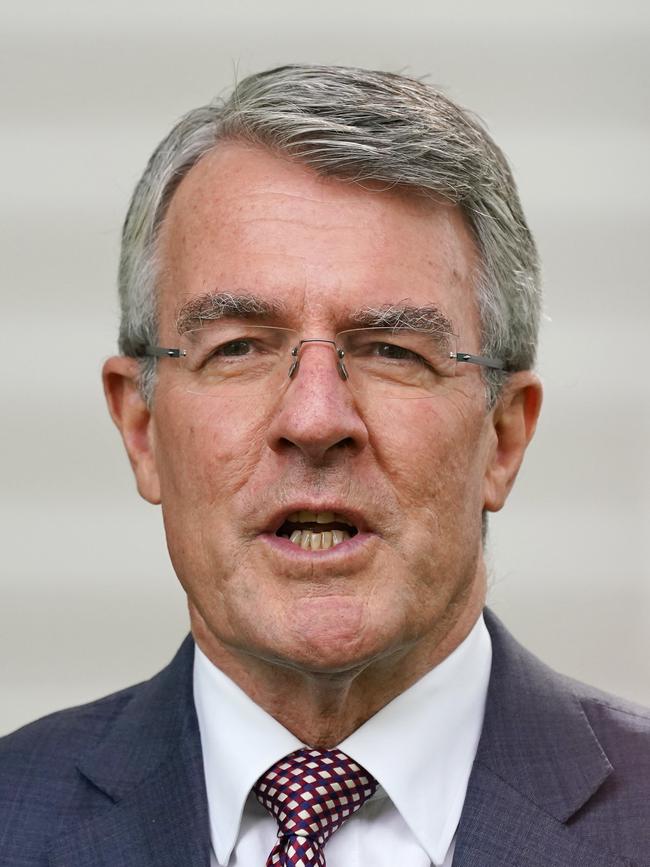
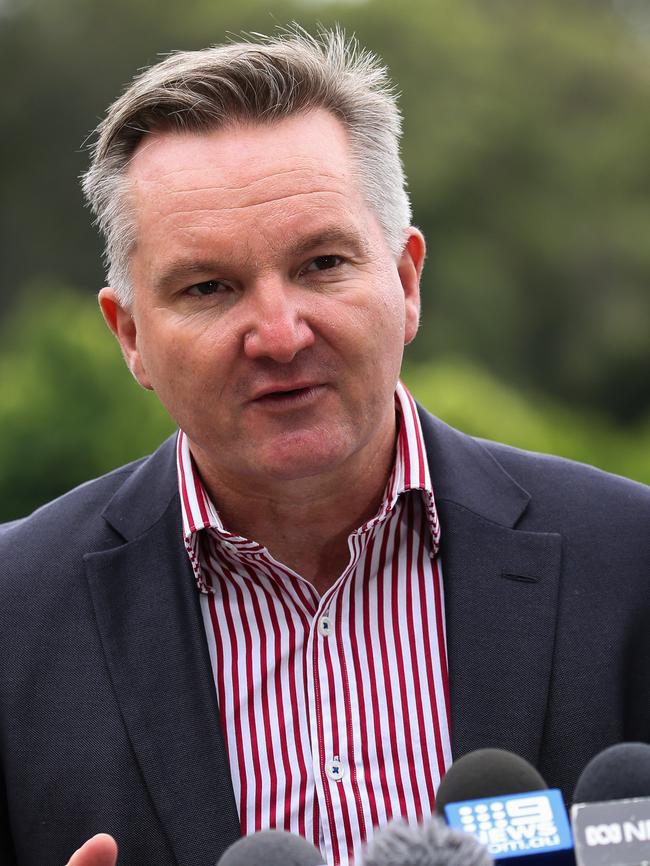
Let’s begin with shadow attorney-general Mark Dreyfus. “The Rudd Government’s track record refutes the opposition’s claims that we are somehow weak on border security,” he told Parliament in 2008. “Our immigration policy is tough, but also fair and humane. It gives me tremendous pleasure to say of the Rudd government that it has been able to put an end to what is fairly described as the ‘barbarity’ of the previous government’s immigration policies.”
Small wonder that Chris Bowen, now shadow climate change and energy minister, has been shifted from portfolio to portfolio. “Nobody should doubt our resolve to break the people smugglers’ business model,” the then immigration minister declared in 2011. That statement speaks for itself. By the time Labor lost government in 2013, 749 boats had arrived unlawfully with a total of 44,465 asylum seekers. It was the people smugglers’ picnic.
When the Abbott Government instituted boat turnbacks, Labor did its best to frustrate them. In 2014, when Indonesia’s foreign minister Marty Natalegawa publicly criticised this policy, he knew he could count on the opposition’s pusillanimity and obsequiousness.
‘’If anyone thinks that you can deal with this issue without a cooperative relationship with Indonesia - Indonesia’s quite capable of proving that argument wrong,’’ said shadow industrial relations minister Tony Burke in 2014. Then prime minister Tony Abbott had “hindered rather than helped our relationship with Indonesia,” complained then opposition leader Bill Shorten in 2013. He was joined by Richard Marles, now deputy opposition leader. “We are worried about what this means in the context of our relationship with Indonesia in circumstances where they do not agree with this policy,” he fretted.
“The notion that you can turn back vessels on the high seas without the cooperation of another sovereign state was … impossible and inoperable,” said immigration minister Brendan O’Connor in 2013. “It would enrage and in fact endanger our relationship with Indonesia”. How reassuring is it this kowtowing politician will be the defence minister if Labor wins government? Ditto shadow housing minister Jason Clare who said in 2012: “Indonesia would need to consent in order for us to turn a boat back”.
And then there are the conscientious objectors. Although not in the shadow cabinet, Andrew Giles is the assistant spokesman for immigration and citizenship. In 2015, he unsuccessfully moved a motion against boat turnbacks at the ALP national conference. It was supported by frontbencher and now opposition leader Anthony Albanese. “Unlike other caucus members I won’t just sit there and do nothing,” said Albanese. “This is a red line we cannot cross”.
But wait, there’s more. Shadow foreign minister Penny Wong and shadow education minister Tanya Plibersek also supported that motion, their votes lodged by proxies and fellow left faction members Katy Gallagher (shadow finance minister) and Terri Butler (shadow environment minister) respectively.
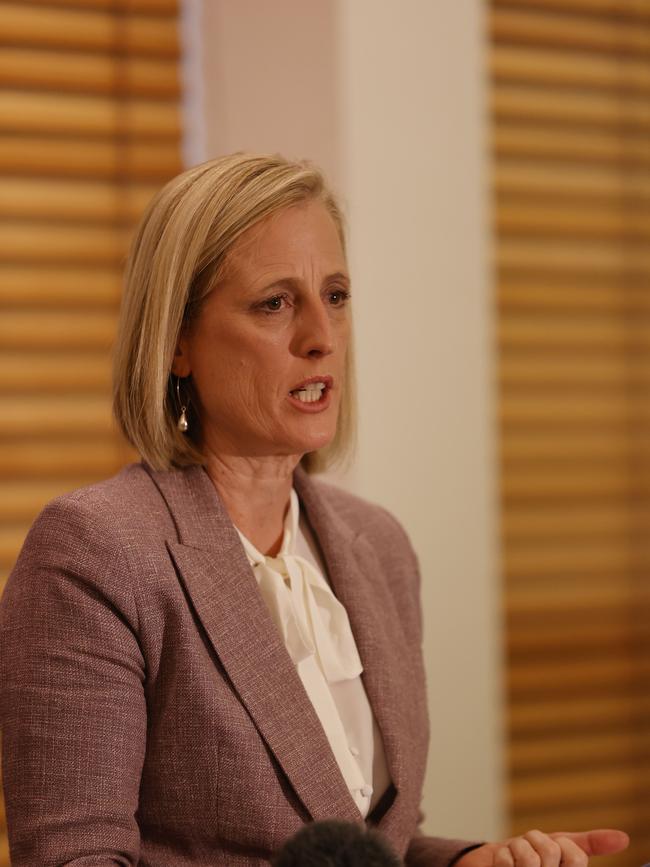
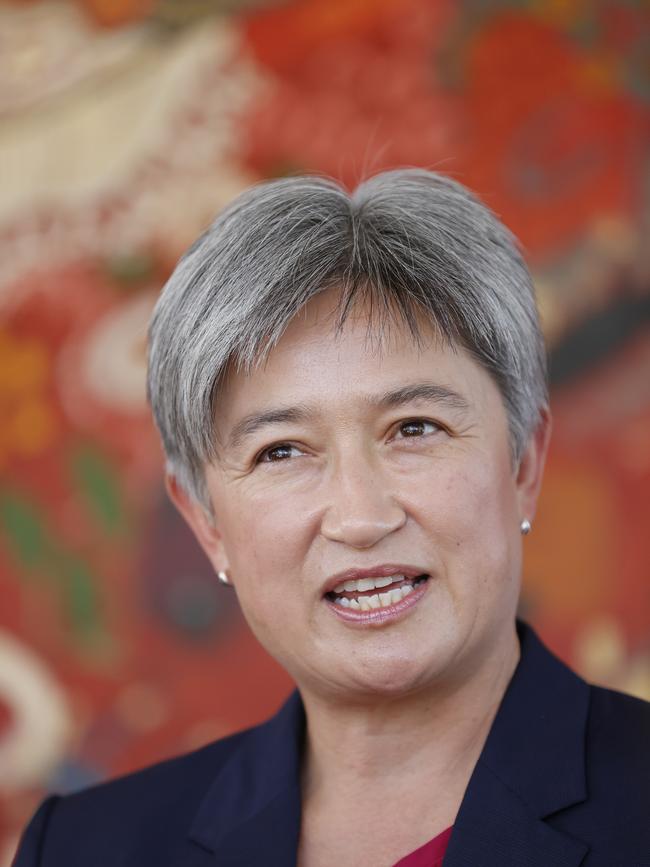
Officially, Labor no longer opposes turnbacks. As Albanese said last month: “We’ll turn boats back”. And then in the next breath: “Turning boats back means that you don’t need offshore detention.” The hapless opposition leader later ‘clarified’ those centres would remain open under a Labor government. Yet in 2015, while trying to present a united front after the conference, he announced: “Everyone in Labor wants to make sure there aren’t turnbacks because there aren’t boats.” Que? When asked last month whether he supported retaining TPVs, he replied “yes” only to claim later he had misheard the question.
Granted, Labor does not want a repeat of what occurred following the Rudd Government’s disbanding of the Pacific Solution. That would result in electoral oblivion. But it is also conscious of losing inner-city votes to the Greens. To mitigate this it endorses moves which tacitly belie Labor’s commitment to border protection. Its policy to abolish TPVs is just one example.
Another was the party’s backing of former Wentworth MP Kerryn Phelps’s Medevac Bill, which provided for doctors to bypass government officials and transfer offshore detainees to the mainland. “Medevac is working as intended,” Keneally told Parliament in 2019. “These laws should not be repealed”.
In all, 184 detainees were brought to Australia against the government’s wishes from Manus or Nauru through the bill’s provisions. It was repealed in December 2019 despite the opposition of Labor and the Greens. By that stage none of the 184 were in hospital. Five of that group had refused treatment on arrival and an additional 49 refused an induction chest X-ray or pathology on arrival. A miracle cure, you might say.
“Make no mistake,” Keneally said last week. “If you attempt to come to Australia by boat, you will not make it.” But the silent message regarding Labor’s position on asylum seekers is contradictory yet clear. A sea change is coming.



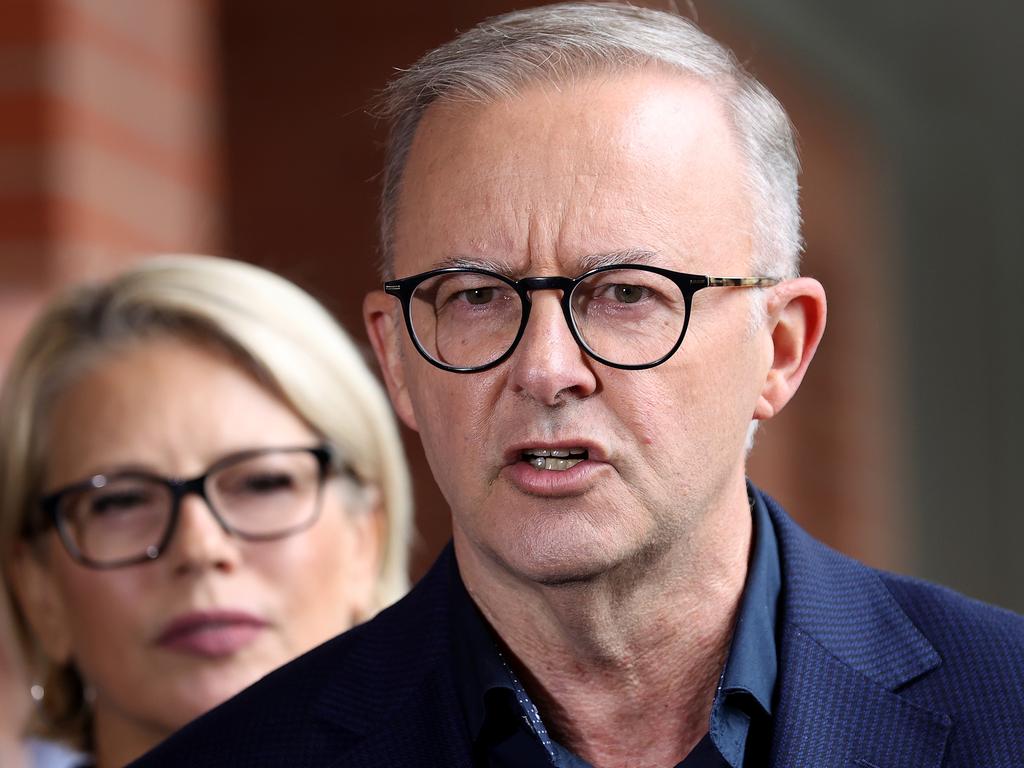
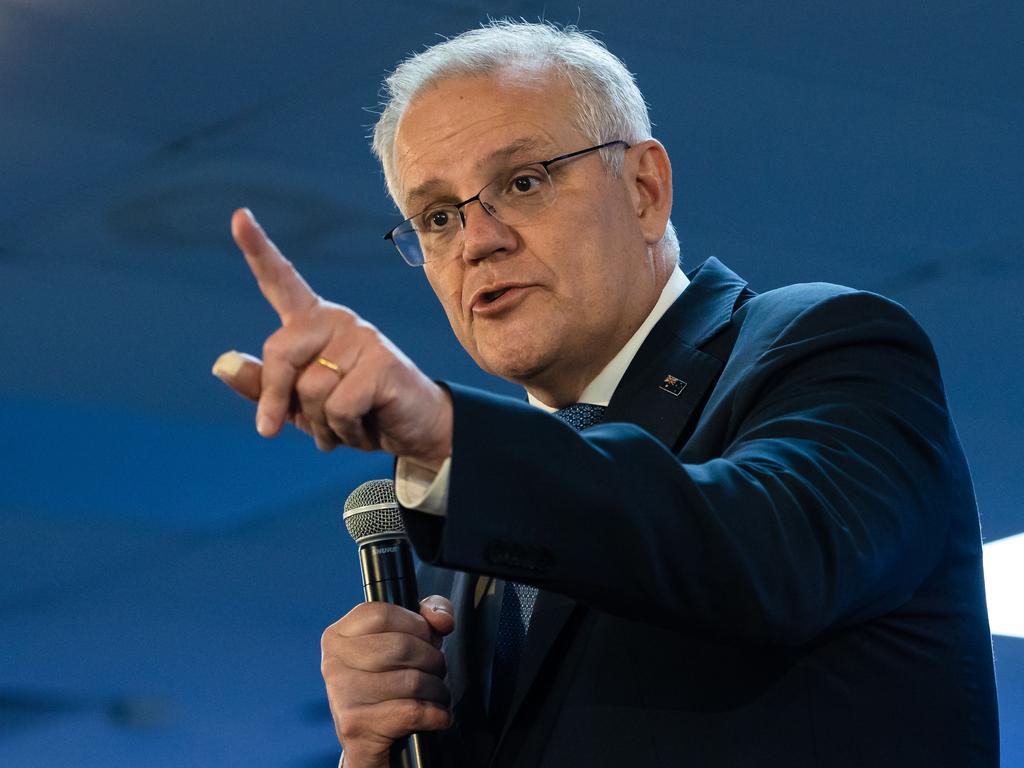
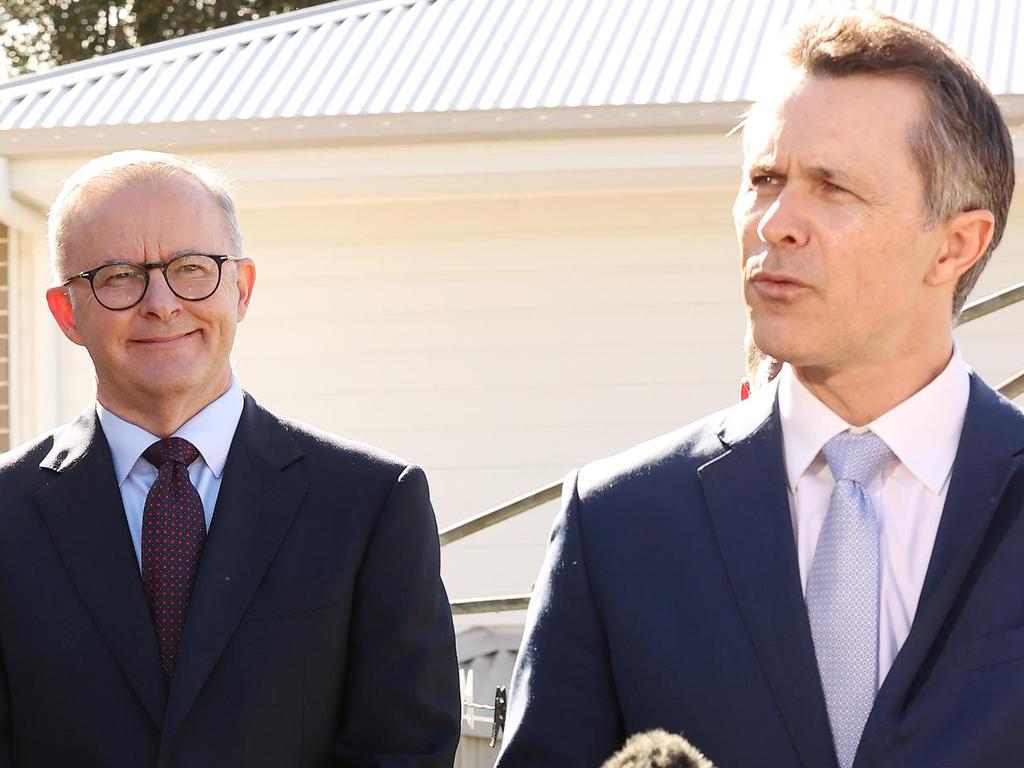


As shadow home affairs minister, Senator Kristina Keneally is Labor’s spokeswoman on policies concerning border protection. It is a portfolio she has held for three years. You would expect by now she would be able to articulate how Labor would prevent the mass trafficking of asylum seekers to this country.